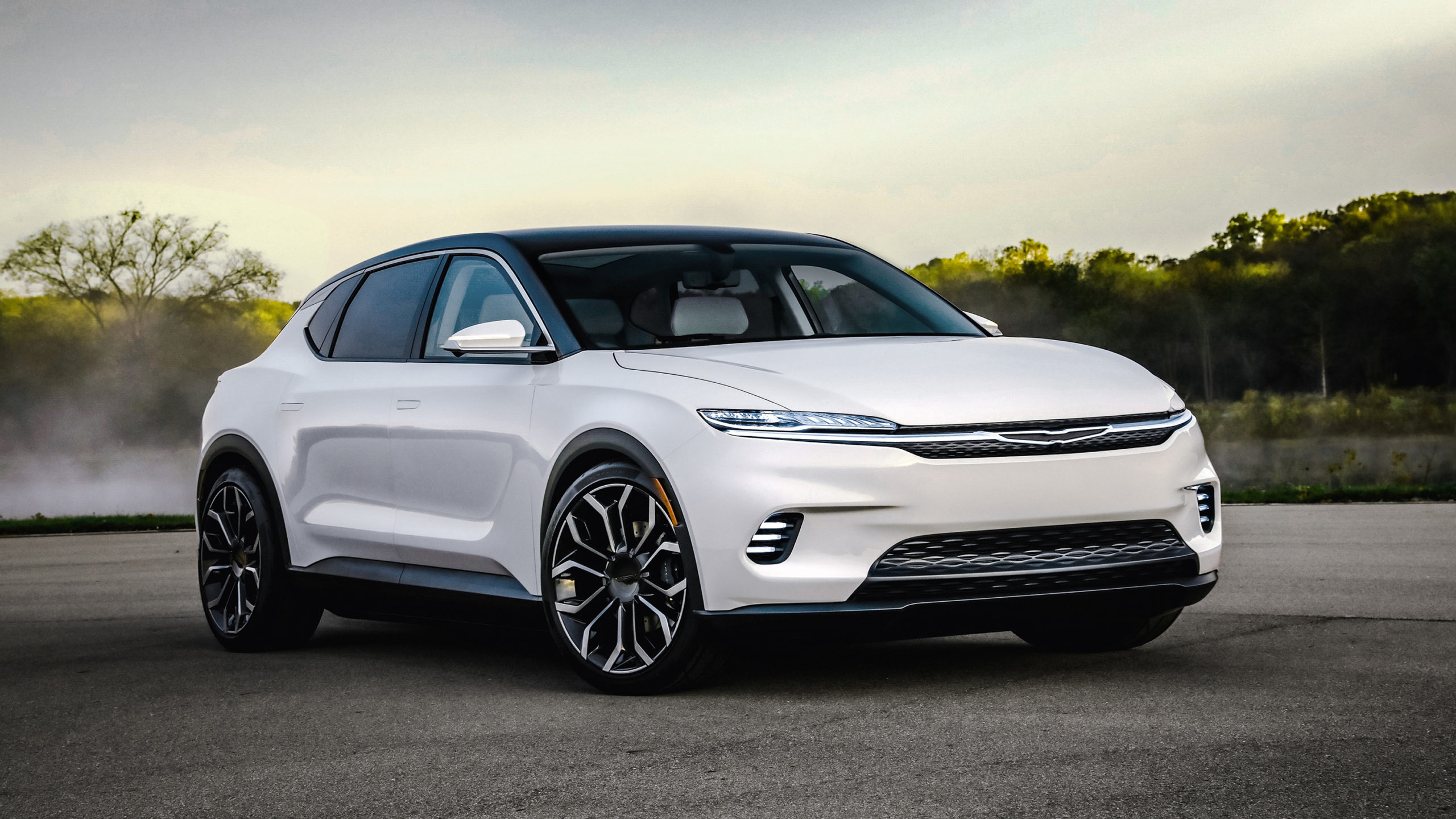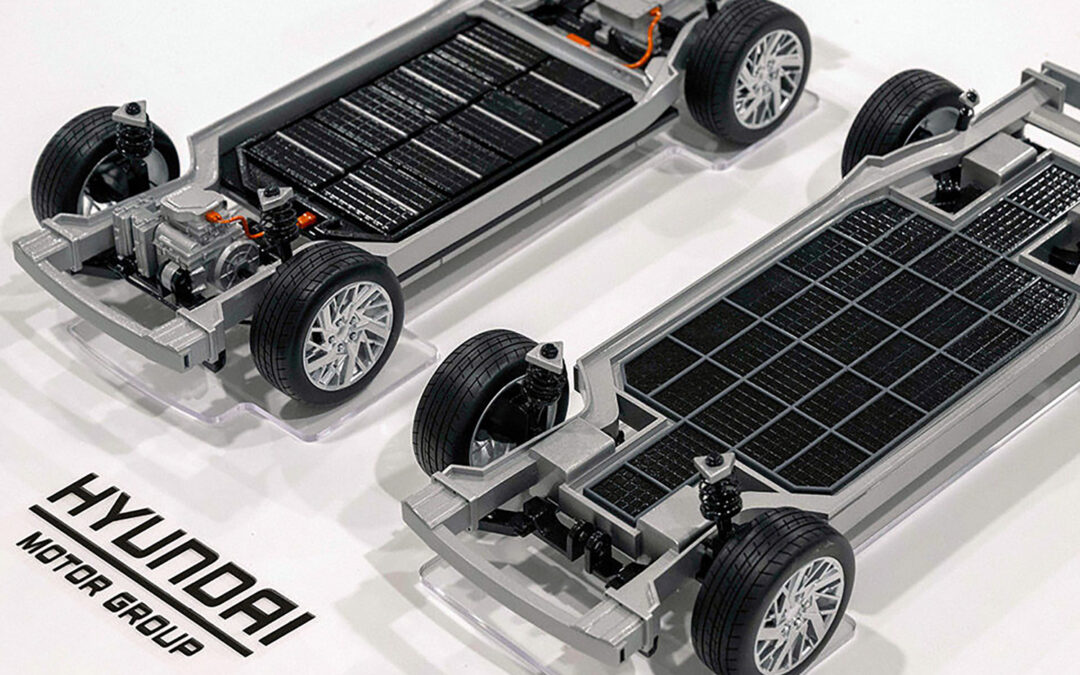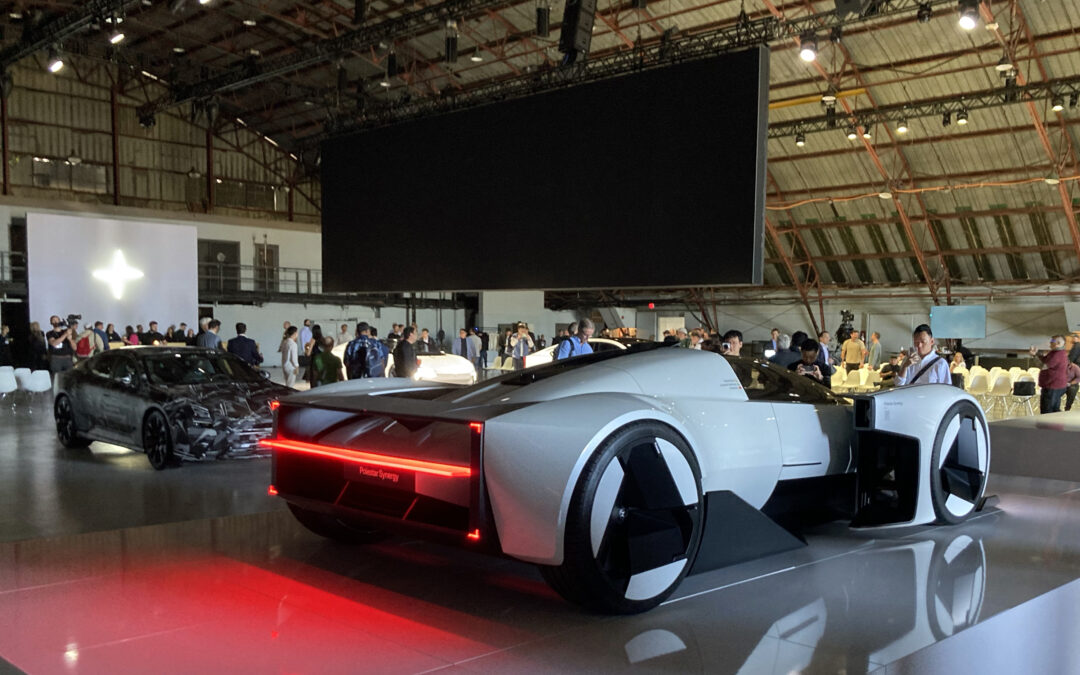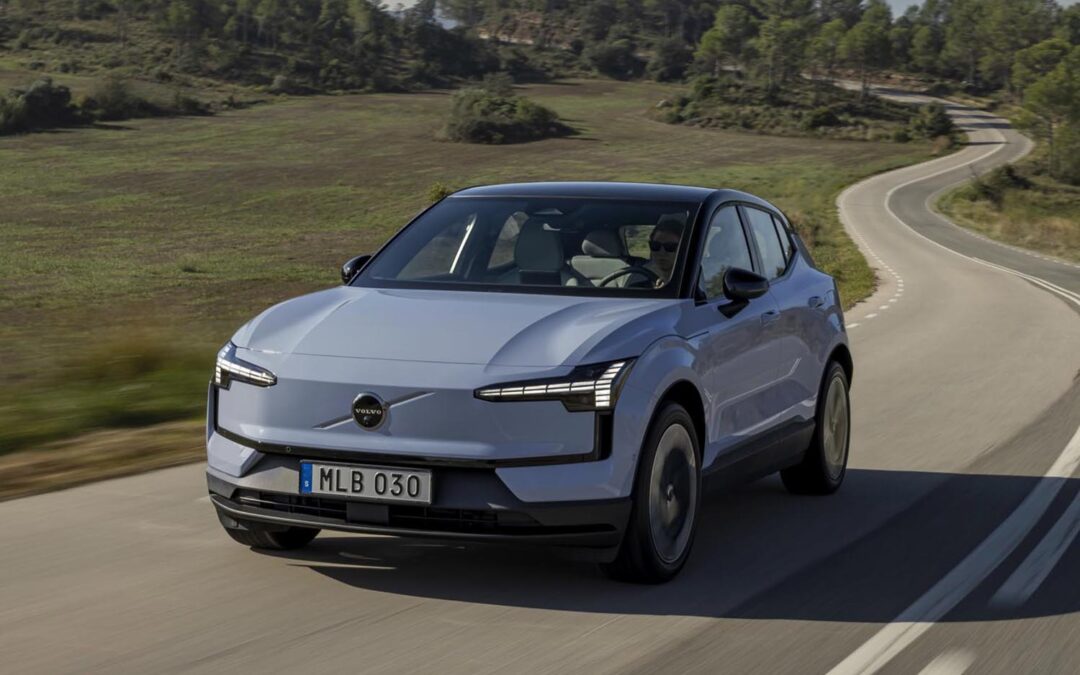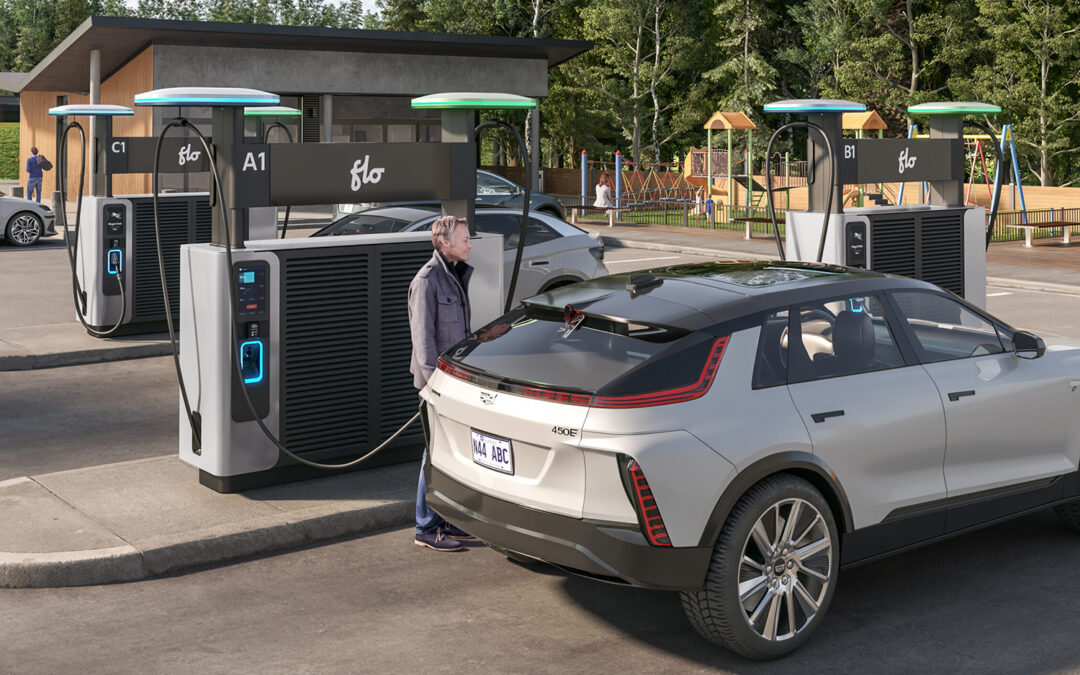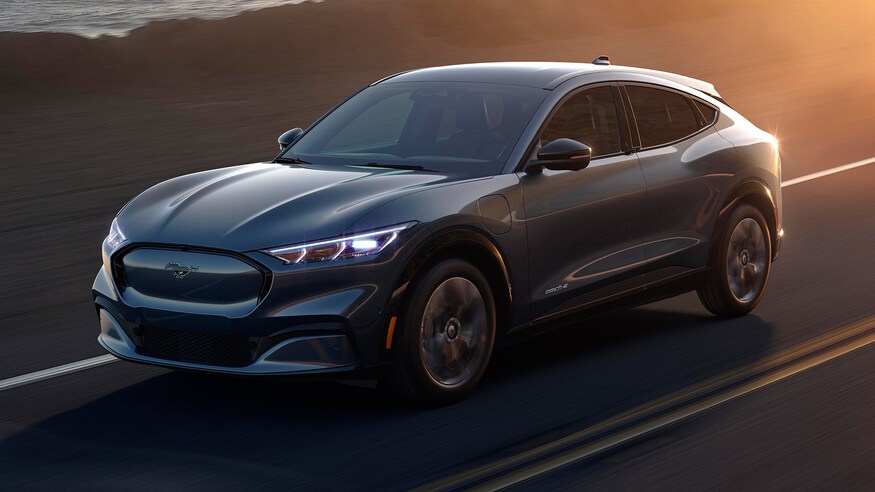In case you missed it, Stellantis, the 50-50 cross-border merger between the Italian-American conglomerate Fiat Chrysler Automobiles and the French PSA Group corporation formed in 2021, has been slowly but surely making strides in the realm of EV development. Prior to the formation of Stellantis, the former CEO of FCA, Sergio Marchionne, famously declared that consumers shouldn’t buy the electric Fiat 500 because they “lost money on every sale.” Fast forward to today, and Stellantis sells 34 EVs globally. However, during its latest earnings call, Stellantis group CEO Carlos Tavares admitted that, while he’s committed to an electrified future, the cost of EV manufacturing remains a challenge.
“Make no mistake, EVs cost more to build,” Tavares said on the call. He went on to explain that electrification was the elephant in the room, as “it costs 40 to 50 per cent more to build an electric vehicle than a traditional vehicle with an internal combustion engine.”
Tavares noted that this cost can’t be completely absorbed by any automaker hoping to turn a profit, nor can the additional cost be passed on to the consumer in MSRP. In saying this, Tavares highlights a common crux across the automotive industry, as legacy brands look to develop EVs that are innovative and sustainable, while remaining affordable for consumers eager to make the switch to electric. In an attempt to solve this dilemma, Tavares says Stellantis must reduce internal costs, and bargain with suppliers that manage 85 per cent of the vehicle parts chain.
Despite these challenges, Stellantis reported strong earnings for 2021. As Tavares pointed out during the call, with demand high enough, more money is moving through the company as EVs take off, even with high sticker prices.
Of the 34 electrified vehicles in its current roster, 19 are battery-electric vehicles (BEVs) and the other 15 are plug-in hybrids. The good news? Stellantis is reportedly 30 per cent more efficient than most of the competition, which places the group in a strong position for EV success moving forward. With this in mind, Stellantis has pushed all 14 of its automakers to establish target dates to go EV-only.
